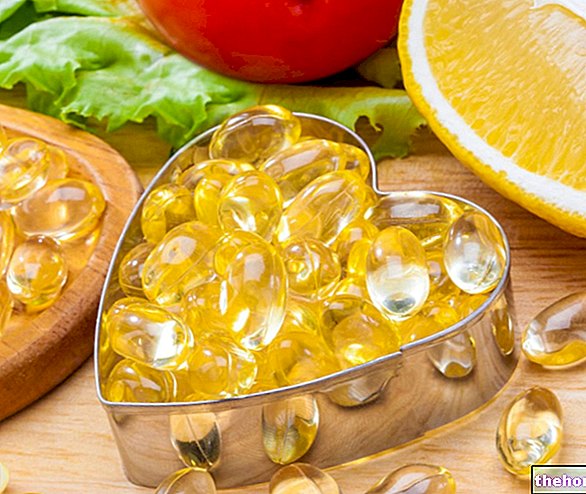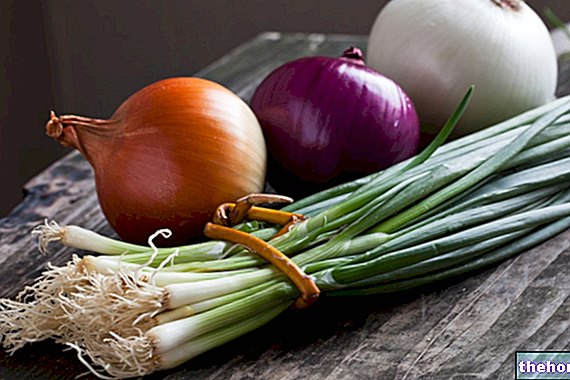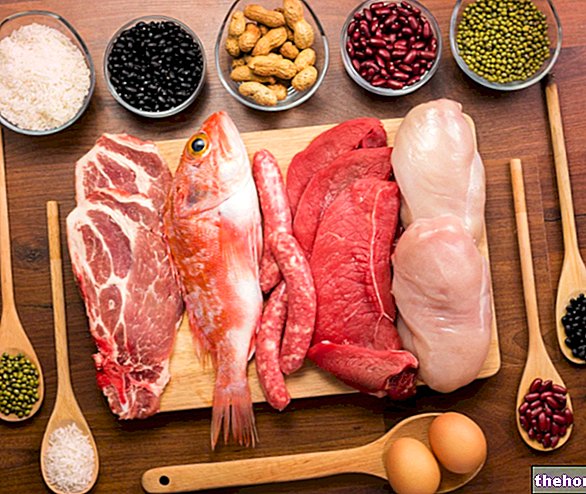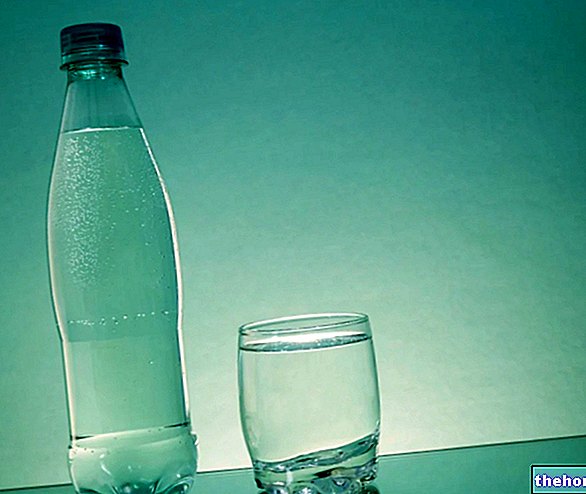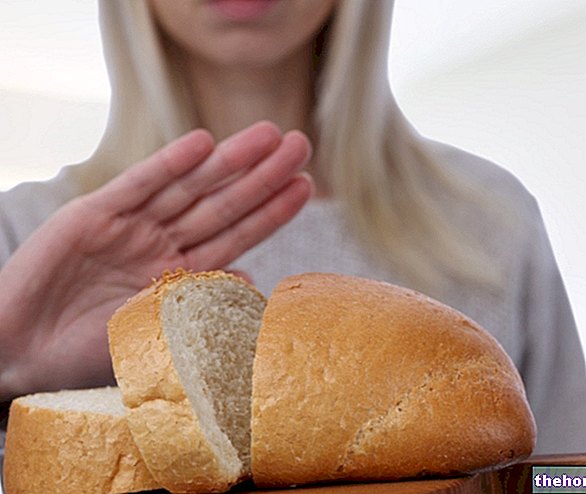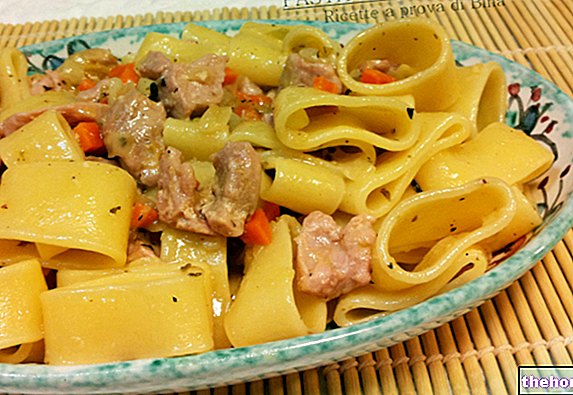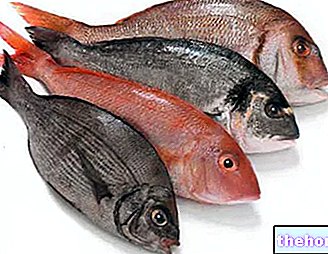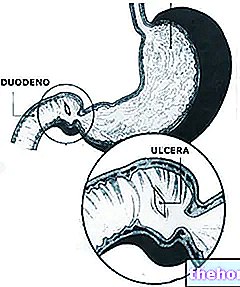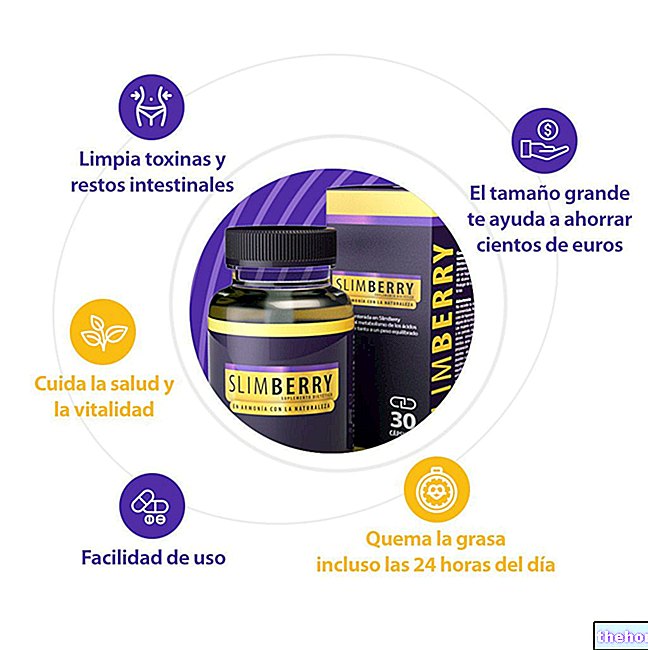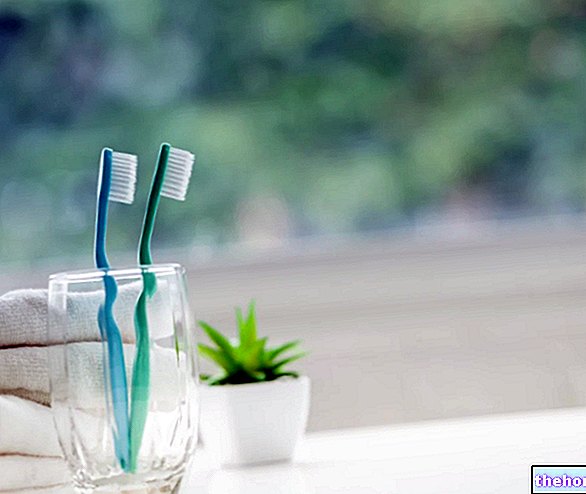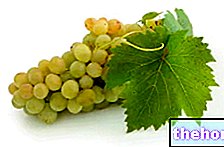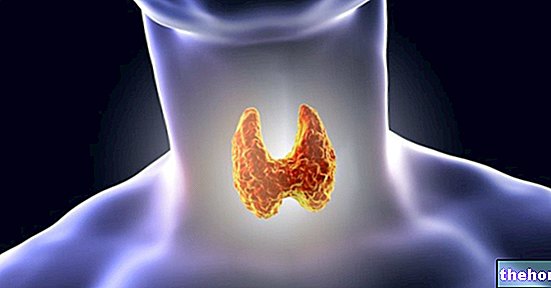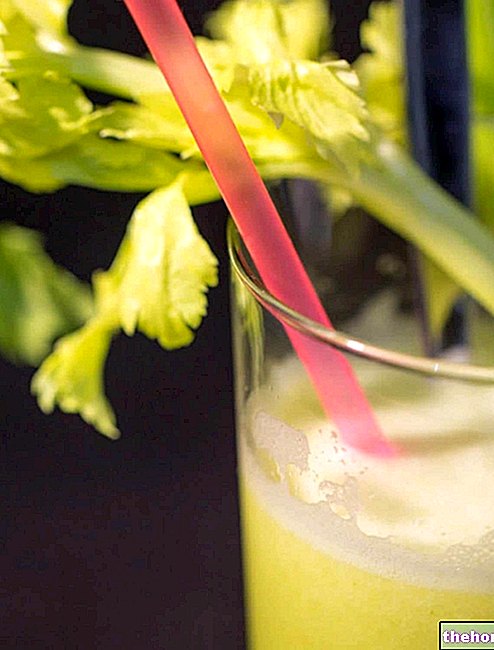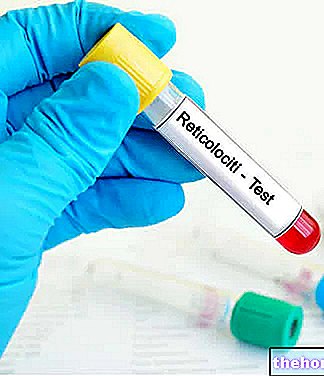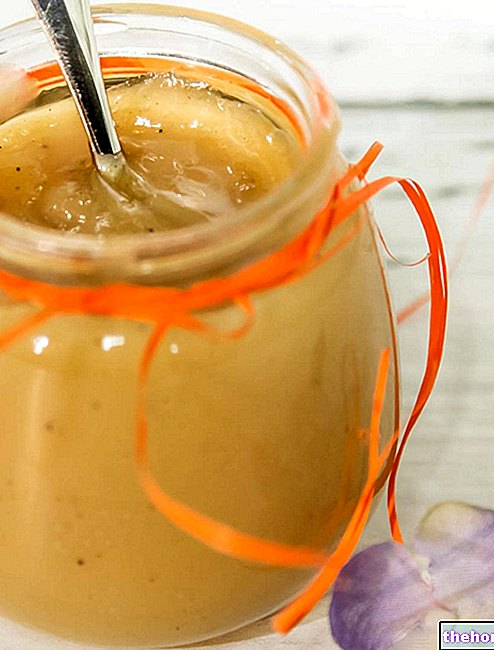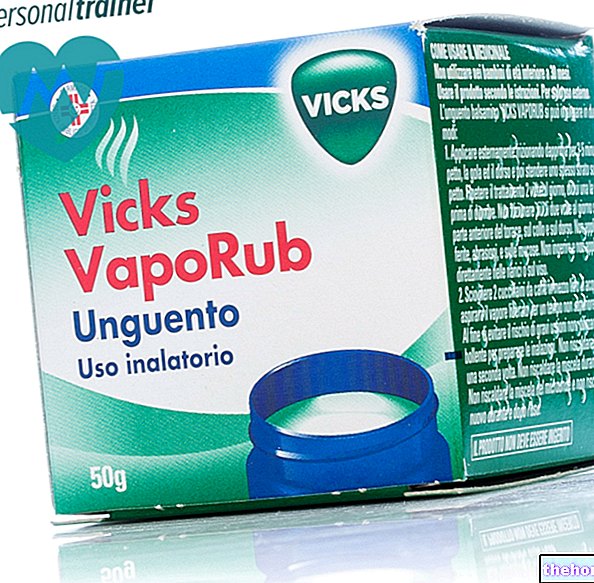
Compared to the more traditional sweetener, however, it is rich in some substances particularly useful for the body: vitamins, mineral salts and natural antibiotics.
Considering the small doses of honey consumed, however, we must consider that the actual intake of these micro and trace elements is decidedly low.
which varies according to its composition. In fact, not all honeys are the same.Note: even the "sweetening power" itself is a parameter that varies - sometimes by a lot - depending on the bibliographic source and the research institution.
Since fructose, glucose and sucrose - the other carbohydrates are contained to a much lower extent - have a different sweetening power, the result of the relationship between their quantity and this last parameter will determine the sweetening power of the honey in question. also add that honey contains about 20% of water, while sucrose is almost totally dry.
By attributing a sweetening power of "1" to sucrose, honey ranges from 0.7-0.8 to 1.1.
Honey has a lower calorie content (304 Kcal per 100 grams against 392 for traditional sugar and 362 for cane sugar) because it is richer in water. Despite this, a teaspoon of honey provides more calories and carbohydrates than a teaspoon of sugar, due to the higher specific weight. Honey, especially if not crystallized, is also more difficult to dose.
The difference between these two sweeteners is therefore very subtle; honey, by virtue of its vitamin and mineral content, is certainly a better food than sugar even if it is often attributed properties that it does not possess. For a diabetic, replacing sugar with honey brings some small advantages, but only for the same amount consumed. The "mistaken belief that honey is a" beneficial "food can lead the diabetic to consume too much of it, putting his health at risk just as he would by consuming too much sugar.
Finally, it is necessary to say a few words on the quality of honey, often altered by industrial processes and by unscrupulous producers. For this reason it is advisable to avoid non-EU honeys, especially if they are marketed at low prices by semi-unknown companies.
HONEY
SUGAR
Let's save the bees!
Did you know that there are several organizations that promote bee-culture and bee-consciousness? Movements such as "savingbees" (savingbees.com) ask to protect bees, creatures now in danger of extinction, because without them not only can there be no balance in the ecosystem, but not even a sustainable agricultural future.

